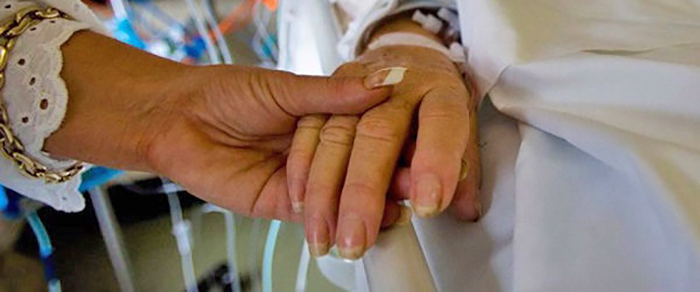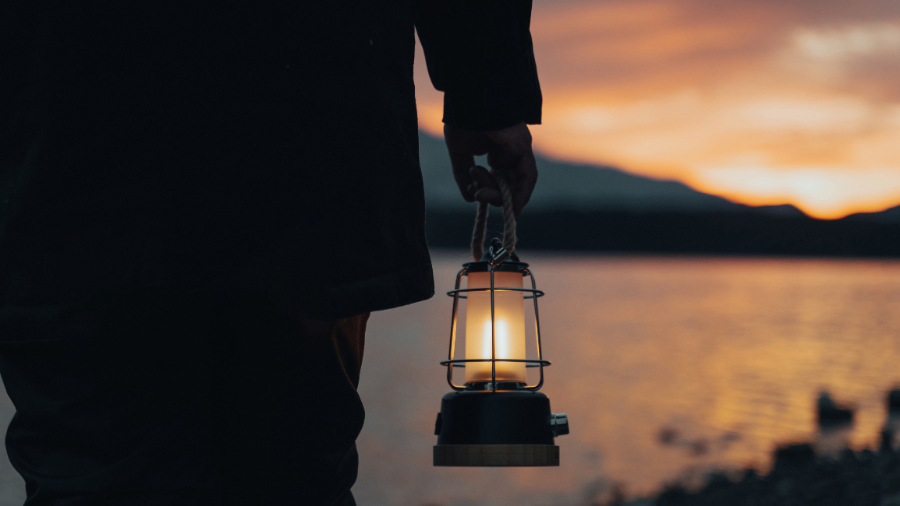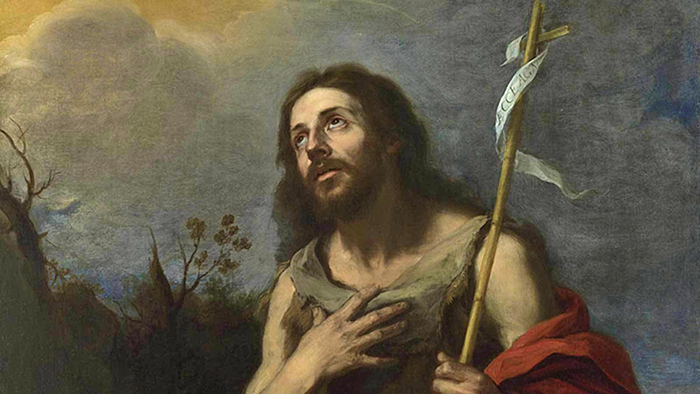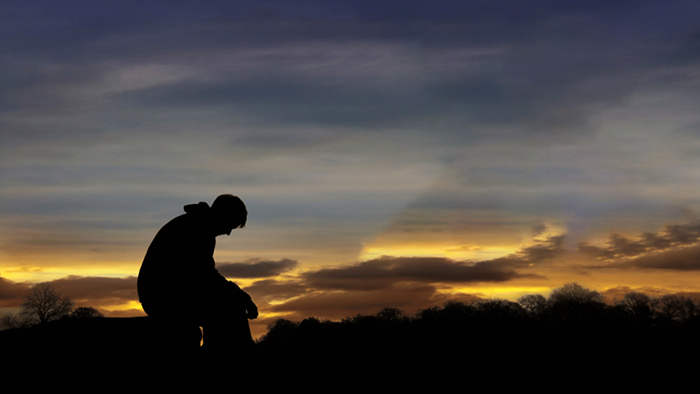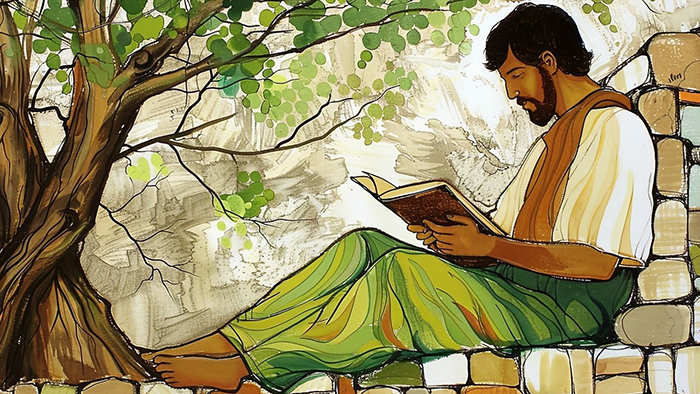
Nobody gets to heaven without a letter of reference from the poor! That’s a quote attributed to James Forbes, an interdenominational pastor in New York City, and it wonderfully captures something that the ancient prophets of Israel underlined many centuries ago. The great prophets of Israel had coined this mantra: The quality of your faith will be judged by the quality of justice in the land. And the quality of justice in the land will always be judged by how “widows, orphans, and strangers” are faring while you are alive. That phrase, “widows, orphans, and strangers”, was code for the three weakest, most vulnerable groups in society at the time. For the great prophets of Israel, ultimately, we will be judged religiously and morally on the basis of how the poorest of the poor fared while we were alive. Fr. Ron Rolheiser writes that this is a scary thought, but it becomes more frightening when we see how Jesus strongly endorsed that view. While this needs to be contextualized within Jesus’ message as a whole, we have in Matthew’s Gospel the famous text about the Last Judgment where Jesus tells us that, at the end of the day, when we stand before the great King on the day of judgment, we will be asked only one set of questions and they all will have to do with how we treated the poor: Did you feed the hungry? Give drink to the thirsty? Welcome the stranger? Clothe the naked? Visit the sick? Visit prisoners? I doubt that any of us would have the raw courage to preach this, just as it is written in the gospels, from any pulpit today. And yet Jesus meant it. Nobody gets to heaven without a letter of reference from the poor. God has a preferential love for the poor, the suffering, the sick, and the weak, and so must we. Our faith assures us that the poor enter the Kingdom more easily than the rich and the strong. What can one person do in the face of all the global issues of injustice that beset us? Gustavo Gutierrez is a Peruvian philosopher, Catholic theologian, and Dominican priest. He acknowledged the complexity of the question and suggested the following: “Minimally, make sure that you always have at least one concrete poor person in your life to who you are especially attending. This will ensure that your commitment will always at least have some concrete flesh!” A single letter of reference from the poor is better than no letter at all.

